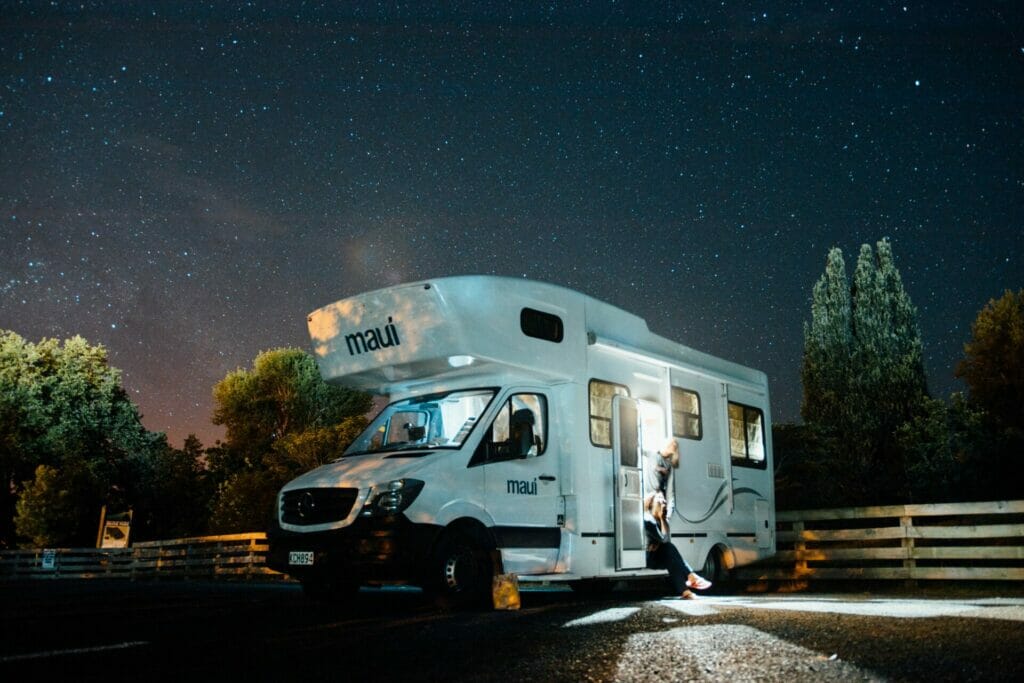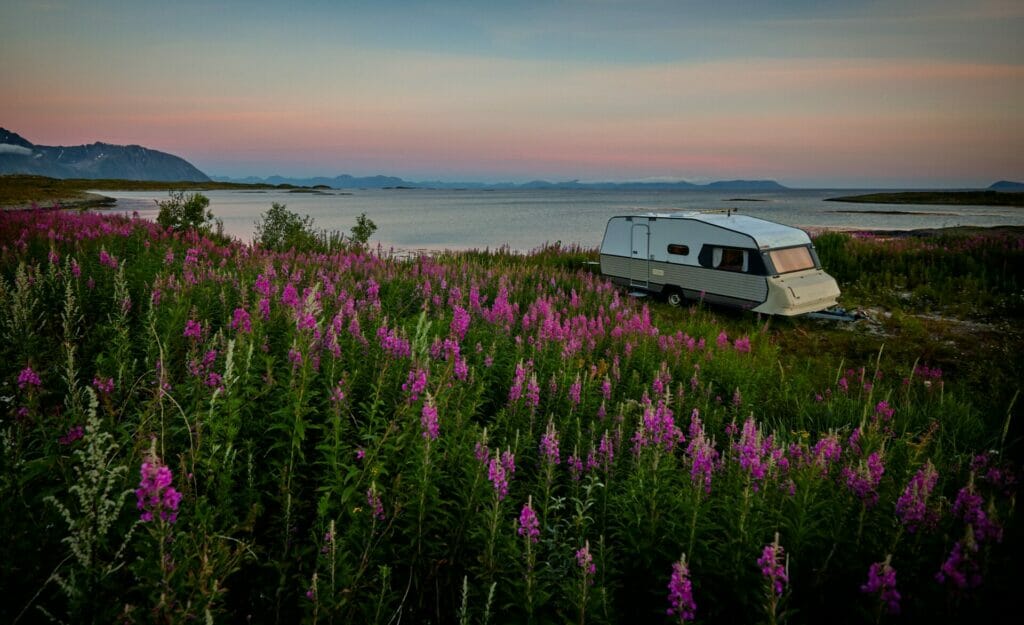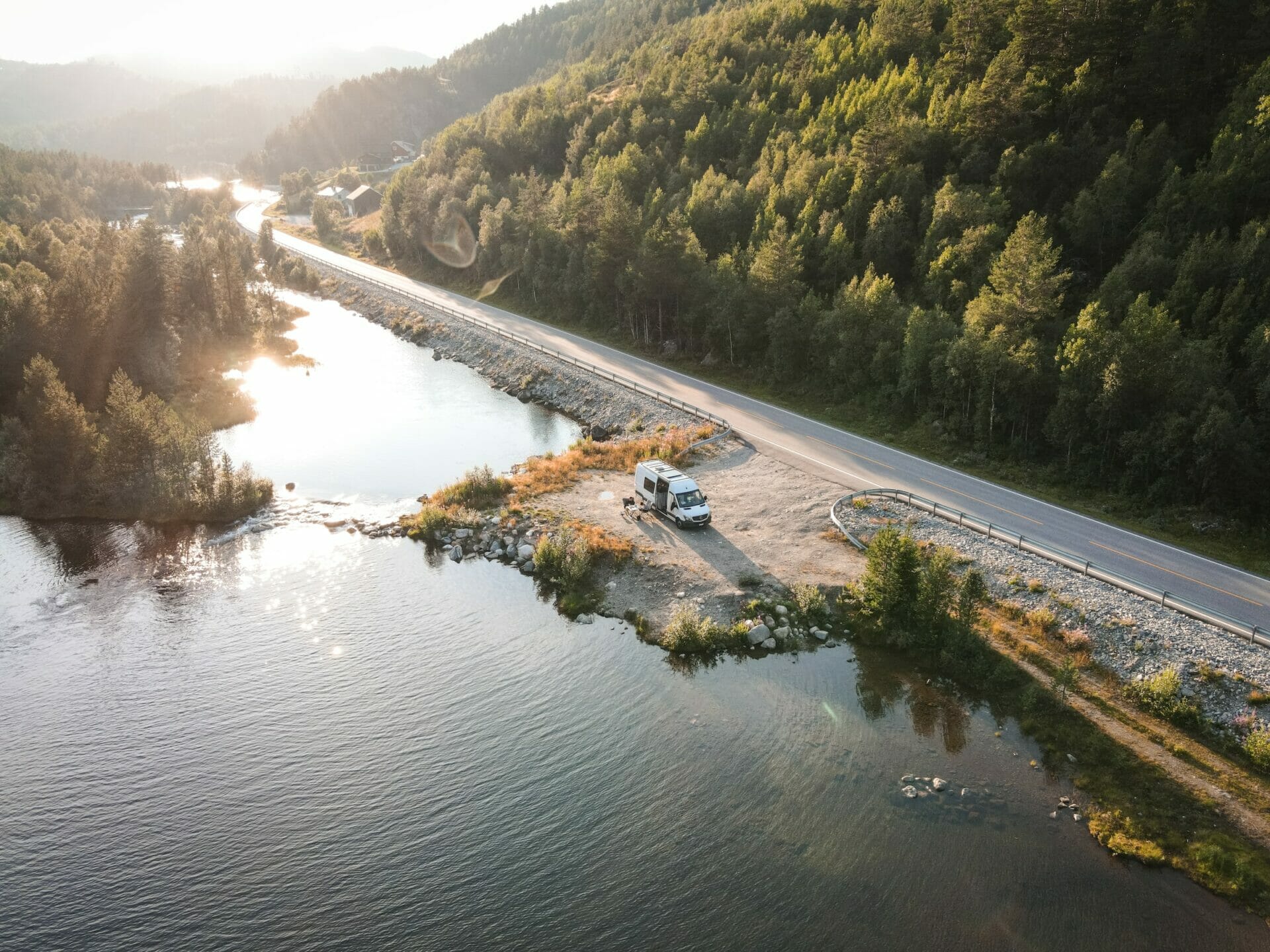Last Updated on January 1, 2023 by Mosabbir
Have you ever gone camping in the wild? If you have, then you know how exhilarating and freeing it can be. If you haven’t, then you’re missing out!
Wild camping is an amazing experience that everyone should try at least once. There are no rules or regulations, which means you can do whatever you want. You’re also surrounded by nature, so it’s a great way to relax and unwind.
Whether you’re an experienced camper or a complete novice, this ultimate guide will teach you everything you need to know about wild camping. So what are you waiting for? Let’s get started!
What Is Wild Camping?
Wild camping is simply camping in the wilderness. It can be done in any location that is away from developed campsites and designated camping areas.
This means you’re free to set up camp wherever you want, as long as you follow the Leave No Trace principles.
Some people choose to wild camp for the sheer freedom it offers. Others do it to save money or because they enjoy being closer to nature.
Regardless of your reasons, wild camping is an unforgettable experience that everyone should try at least once.
Learn More: How To Dry Wet Clothes When Camping

The Benefits Of Wild Camping
There are many benefits to wild camping, including the following:
- It’s a great way to connect with nature. When you’re surrounded by trees, wildlife, and fresh air, it’s impossible not to feel connected to the natural world. This is a great way to relax and unwind from the stresses of daily life.
- It’s an adventure. Camping in the wild is an adventure. It’s exciting, and you never know what might happen. This is a great way to get out of your comfort zone and try something new.
- It’s affordable. Developed campsites can be expensive, especially if you’re staying for multiple nights. Wild camping is free (as long as you follow the Leave No Trace principles), so it’s a great option for budget-minded campers.
The Basics Of Wild Camping
Now that we’ve covered what wild camping is and some of its benefits, let’s get into the basics. Here are a few things you need to know before you head out into the wilderness:
- Choose your location carefully. When you’re picking a spot to camp, make sure you’re not in an area that is sensitive or fragile. You also want to avoid areas that are popular with other campers, as this can impact the experience for both you and them. Once you’ve found a good spot, make sure it’s at least 200 feet from any water source
- Pack the essentials. When you’re packing for your trip, make sure you have all the essentials, including a tent, sleeping bag, food, water, and a first-aid kit. You should also pack a stove if you plan on cooking meals, as well as a flashlight or headlamp for nighttime.
- Be prepared for weather changes. The weather can change quickly in the wilderness, so it’s important to be prepared. Make sure you have warm clothing and extra blankets in case it gets cold, and rain gear in case of rain.
How To Stay Safe When Wild Camping
When you’re camping in the wilderness, it’s important to be aware of the potential risks and how to stay safe. Here are a few safety tips to keep in mind:
- Be aware of your surroundings. When you’re setting up camp, take a look around and familiarize yourself with the area. This will help you identify potential hazards, such as steep drop-offs or slippery rocks.
- Don’t hike alone. If you’re planning on going for a hike, make sure you have someone with you. This way, if something happens, there will be someone there to help.
- Carry a first-aid kit. A first-aid kit is essential for any camping trip, but it’s especially important when you’re in the wilderness. Make sure you have one that is well-stocked and easy to access.
- Be careful with fire. When you’re using fire, be extra careful to avoid any potential hazards. Make sure your fire is contained and put out completely before you leave it unattended.

Learn More: What Can a 300-Watt Solar Panel Run?
Leave No Trace – The Golden Rule Of Wild Camping
When you’re out in the wild, it’s important to remember the golden rule – leave no trace. That means whatever you bring with you into the wilderness, you must also bring back out with you.
This includes all of your trash, food scraps, and anything else that could potentially harm the delicate ecosystem of the wilderness.
Why?
The Leave No Trace principle is important for a few reasons. First and foremost, it helps to protect the environment. When we leave trash and other debris behind in the wilderness, it can harm animals, plants, and even the water supply.
It’s important to be mindful of our impact on the environment and do everything we can to minimize that impact.
In addition to protecting the environment, Leave No Trace also helps to ensure that everyone can enjoy the wilderness for years to come. If we all take care of the wilderness now, future generations will be able to enjoy it as well.
Finally, following the Leave No Trace principle is simply good manners. We should all do our part to keep the wilderness clean and beautiful for everyone to enjoy.
How To Follow Leave No Trace
There are a few simple things you can do to make sure you’re following Leave No Trace principles when you go wild camping.
- First, always pack out whatever you pack in. That means if you bring food wrappers or other trash with you into the wilderness, make sure you bring them back out with you when you leave.
- Second, be careful with your campfire. If you build a campfire, make sure it’s completely extinguished before you leave. That means putting water on it and stirring the ashes until they’re cool to the touch.
- Third, respect wildlife. Don’t approach or feed wild animals – they can be dangerous.
- Finally, respect other campers. Make sure you’re not being too noisy or disruptive so everyone can enjoy their time in nature.
Learn More: Caravan Security Tips- How to Prevent Your Caravan From Being Stolen
Conclusion
Whether you’re looking for an intimate experience with nature or an opportunity to test your survival skills, wild camping might just be for you.
Keep in mind BeLeave No Trace principles and check for any required permits or fees before heading out then let nature take its course!
